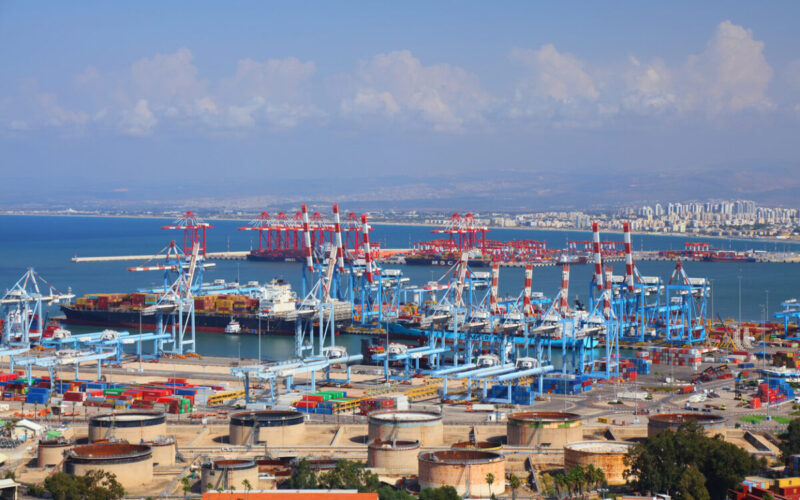Editor’s note: In order to maintain transparency and ensure that our content remains free from bias, we would like to address two important changes made to the piece. Our commitment is to provide accurate and impartial information, respecting the nuances and complexities of each context.
To avoid potential confusion and to accurately represent the dynamics of the situation, we have decided to correct references to ‘Palestine’ to ‘Hamas’ where applicable throughout the piece, and we have chosen to refer to the conflict without specifying factions and their roles in it.
The violence sparked between Israel and Hamas has affected ports with international shipping companies cautioning maritime players to exercise caution when voyaging near the region.
Israel’s Port of Ashkelon, located 10 kilometres north of the border of the Gaza Strip, and its oil terminal have closed amidst the conflict, reported Reuters.
Ashdod Port reported that, despite the increase in violence, it continues to operate regularly. The Port of Haifa also remains open, according to Reuters.
Maersk announced that its port operations across Israel’s major terminals are continuing to function normally.
“Bookings will therefore continue to be accepted to and from Israel; if you have cargo already booked to or from Israel, we expect to facilitate it as normal,” Maersk stated in a company advisory.
Maersk also reported that inland services – both road and rail – are fully operational in and around the region.
READ: MSC, ZIM enhance Israel Express Service
MSC held a similar tone stating: “Since Israel’s major terminals are operational, as at 9 October, we continue to deliver cargo to/from Israel.”
“MSC will continue to monitor the impact of the security situation on trade and follow advice from the government and will review its service network accordingly,” MSC reported in a company statement.
Late August this year, MSC announced it will enhance the Israel Express restarting a partnership with ZIM under a vessel sharing agreement.








